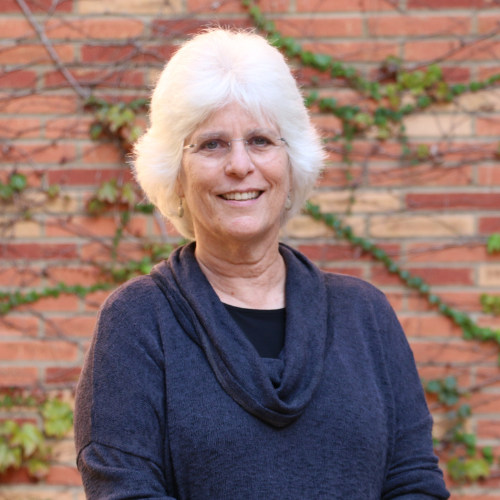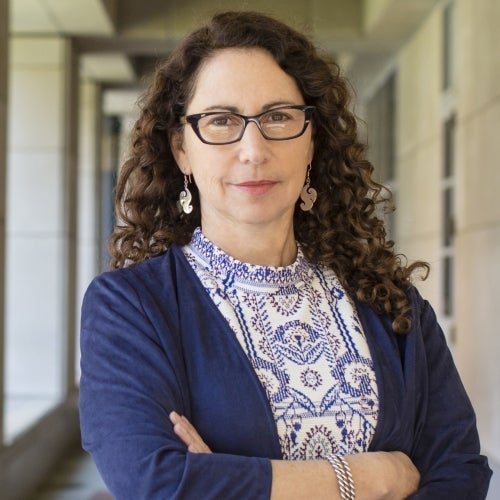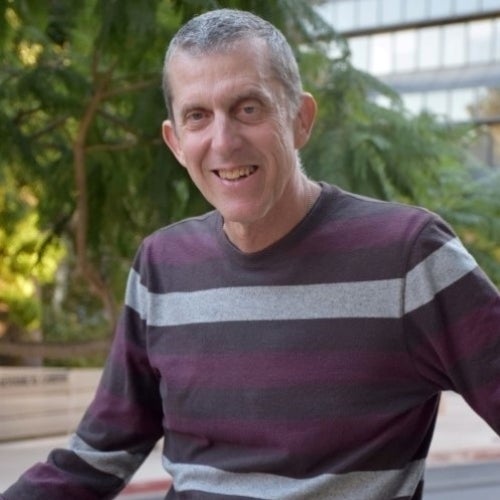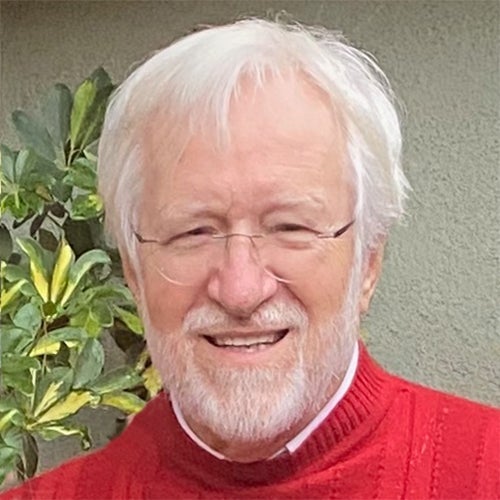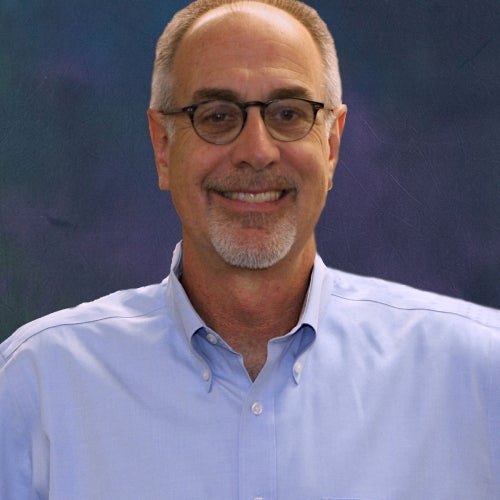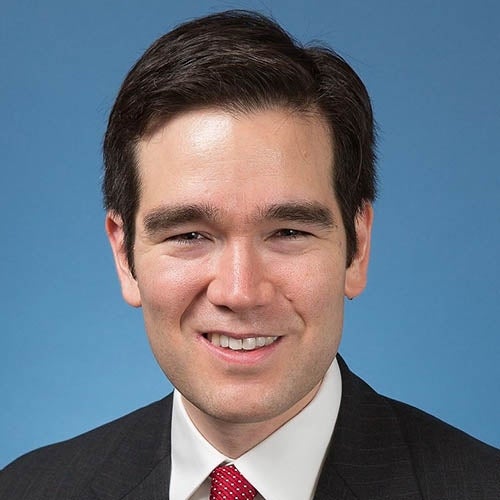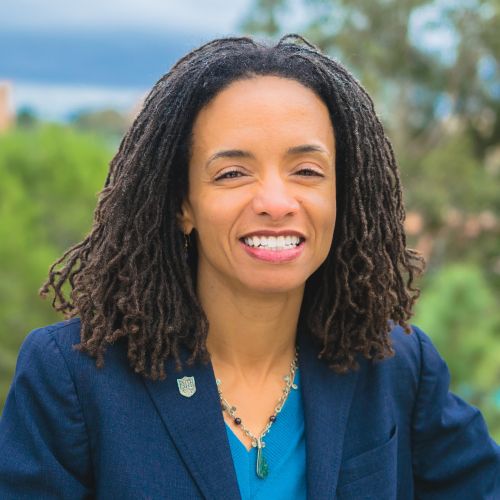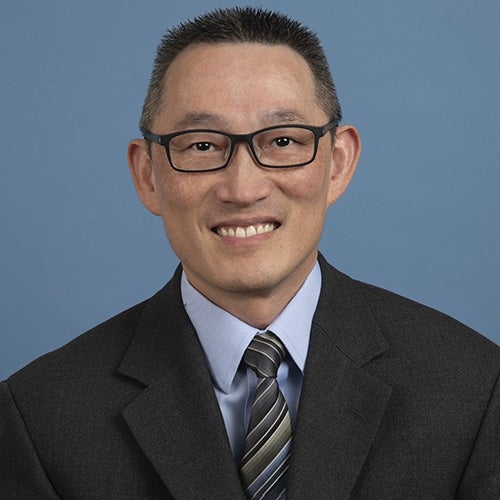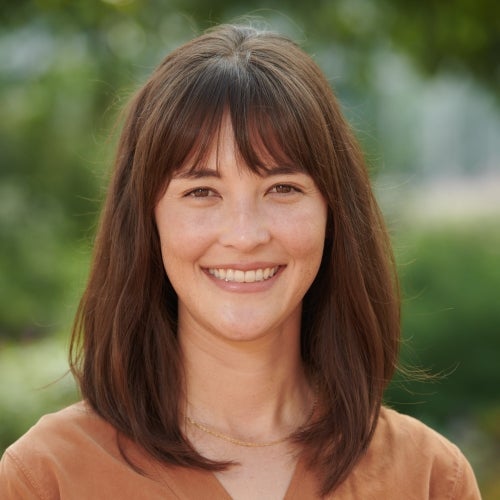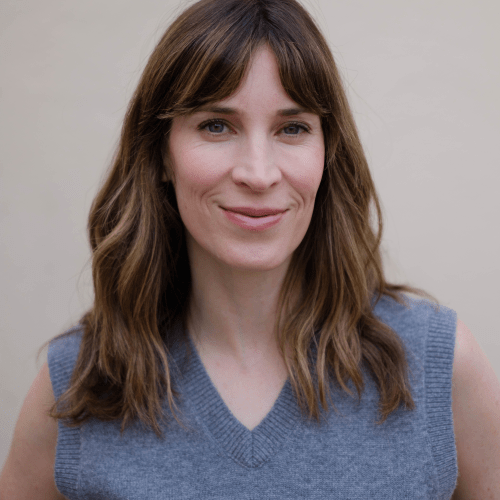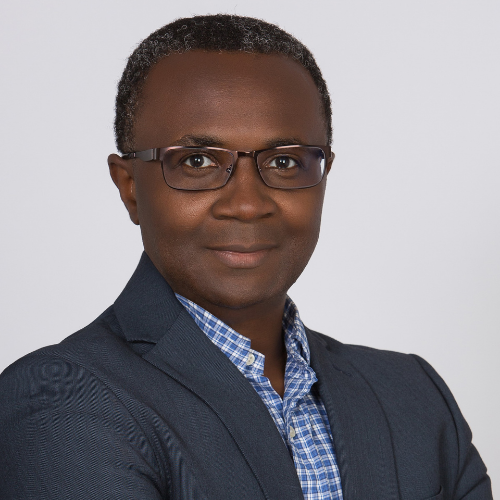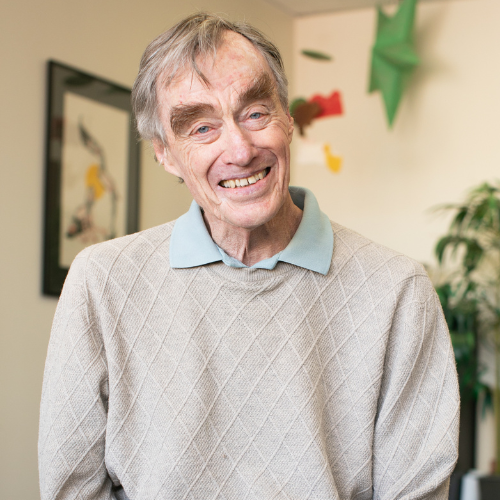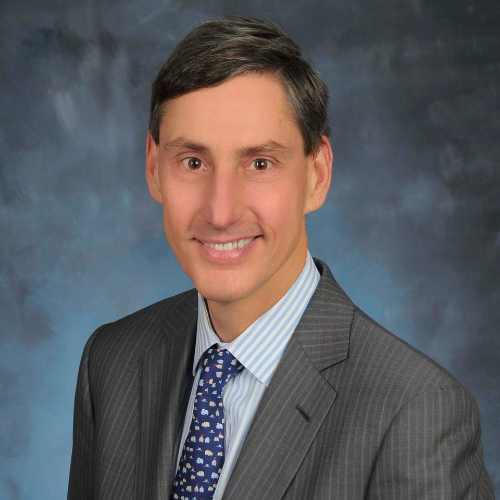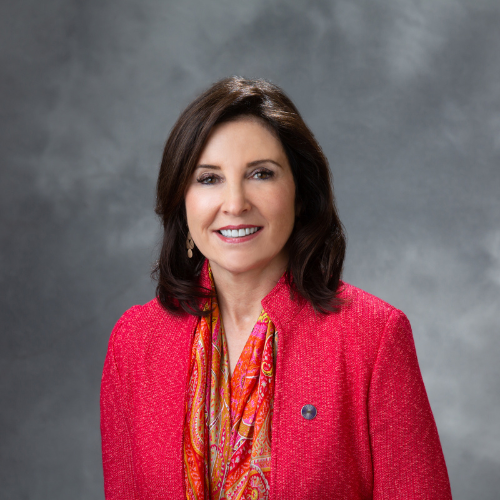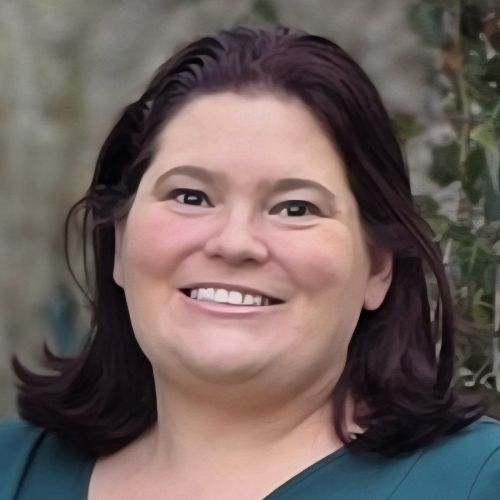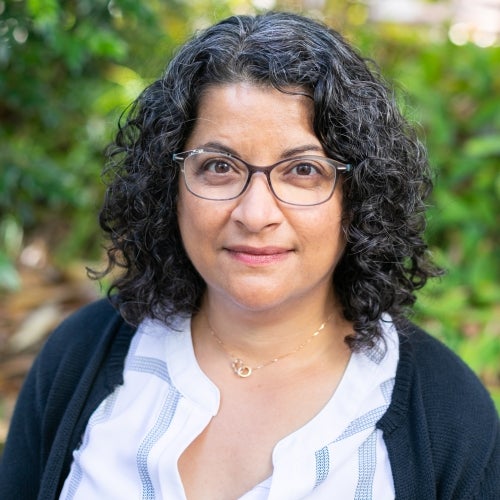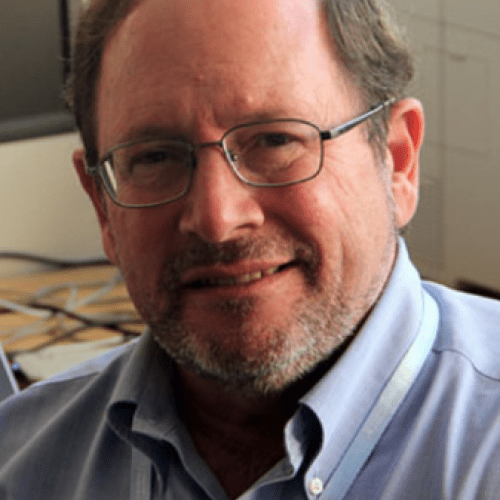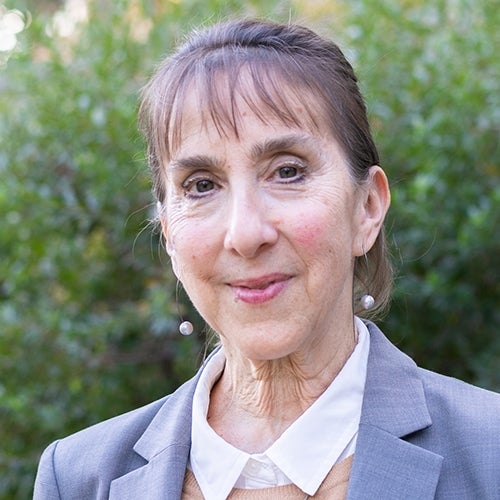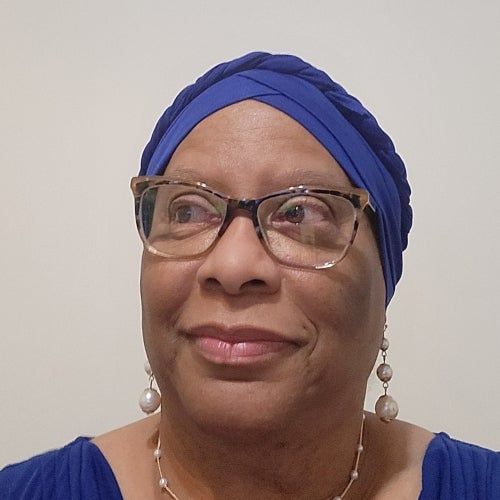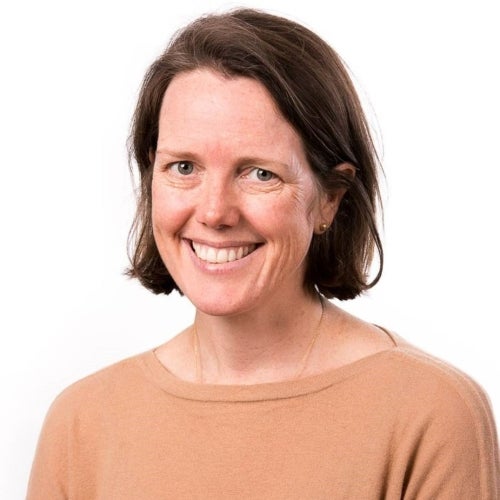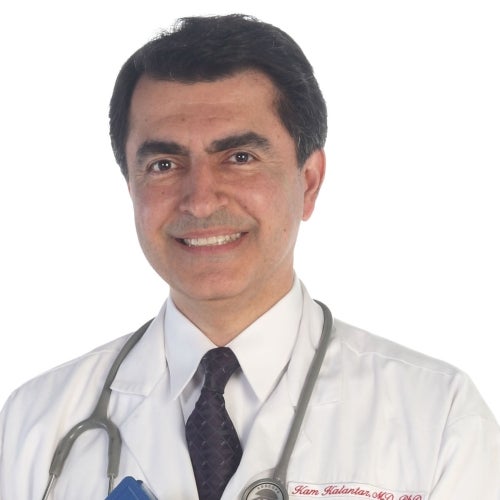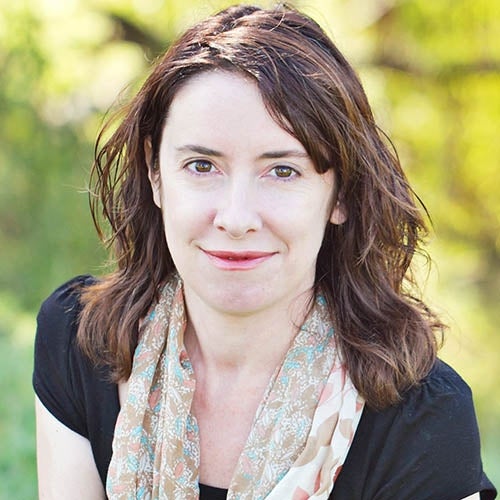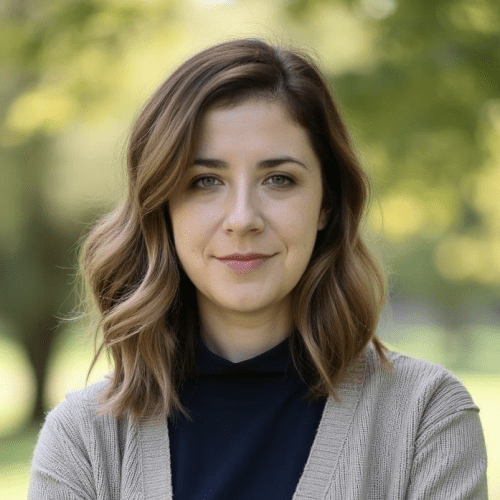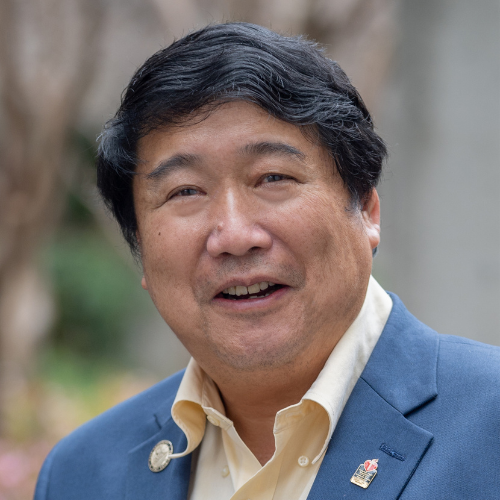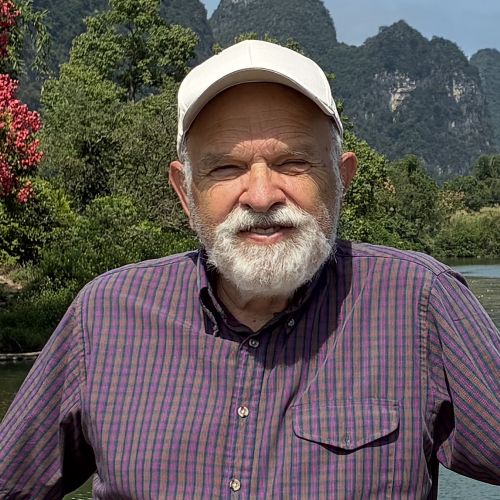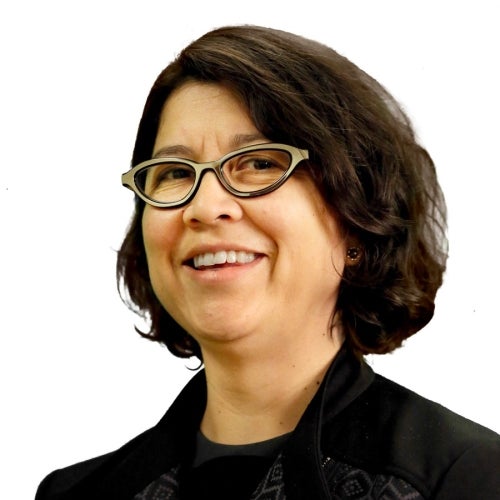Group recommends removing sexual orientation-related disorders from the international classification of diseases
Working group member and FSPH professor Susan Cochran and colleagues say that following the recommendation will resolve a human rights issue.

A working group evaluating sexual orientation-related disorders listed in the International Classification of Diseases (ICD), a publication of the World Health Organization (WHO), has recommended the disorders be deleted, a move that will make getting health care easier for gays and others who may have gender atypicality.
The WHO is the world body charged with deciding what is a disease and more than 170 countries, including the United States, follow their recommendations. The organization is currently revising the 10th edition of the ICD for release of the 11th edition in 2017.
Susan D. Cochran, a professor at the UCLA Fielding School of Public Health and a member of the working group, said the recommendation, if adopted, resolves “a human rights issue.”
“In California, gay people may have the right to marry, but in most of the world, being gay can be dangerous. There are at least six countries that criminalize homosexuality with a possible death sentence,” said Cochran, who is a clinical psychologist and epidemiologist. “This recommendation, to remove diagnoses that have no scientific basis, is a way of cleansing our public health apparatus of the social animus directed at a group of people for reasons that have no health justification.”
The recommendation must survive several layers of approval, the final being a vote by the member countries.
In 1974, the American Psychiatric Association decreed that homosexuality would no longer be considered a mental illness, though it created a new disorder, ego-dystonic homosexuality, as a political compromise. That disorder was later dropped as a diagnosis, and in the last iteration of the Diagnostic and Statistical Manual of Mental Disorders, the last reference to sexual orientation being associated with a mental disorder was eliminated.
In 1990, the ICD made the same declaration, but retained several purported disorders, Cochran said. For example, if a person was married and woke one day and decided that they were gay and wanted a divorce, the current ICD considers that a mental disorder. Or if a teenager was unsure if they were gay, straight or bisexual and were distressed about that, that also is considered mental disorder. Or if a person were gay, and for whatever reason wished not to be, that also is a disorder.
“It doesn’t make any sense. If a person were short and wished they weren’t, that is not a disorder. Or if someone was a lousy singer and wished they weren’t, that is not a disorder,” Cochran said. “In other words, the ICD takes content that is sexual orientation–related and attaches a diagnosis to it in ways that it does not do for other aspects of people.”
If the recommendation is adopted it will have an immediate and important impact on access to health care, she said. Every health care event and every doctor visit has an ICD code attached to it. These codes that are used for insurance billing, for public health surveillance and for medical records.
By removing these codes related to sexual orientation, the health care that gay people receive will be improved, Cochran said. For example, if a gay man is depressed and seeks care he is vulnerable to being mistreated by the health system. Currently, he could be diagnosed with ego-dystonic homosexuality if he says he is upset about how he is being treated as a gay man and wishes he were straight. There are discredited treatments, such as conversion therapy, that have been deemed unethical but sometimes are justified by this diagnosis. With the codes removed, it will be more likely that his complaints will result in a proper diagnosis of depression and treatments for that depression.
“This means that gay people can feel free to seek care, to share their concerns and not fear that they will diagnosed with a mental illness simply because the content is about homosexuality or gender atypicality,” Cochran said. “It would mean an end to the medicalization of homosexuality.”
An article published in the latest issue of the Bulletin of World Health Organization outlined the scientific basis for the recommendation to delete the sexual orientation-related disorders from the ICD.
“It is not justifiable from a clinical, public health or research perspective for a diagnostic classification to be based on sexual orientation,” the article states.
Faculty Referenced by this Article

Robert J. Kim-Farley, MD, MPH, is a Professor-in-Residence with joint appointments in the Departments of Epidemiology and Community Health Sciences
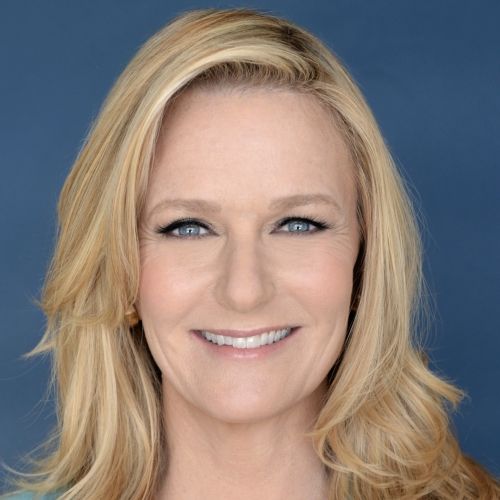
Dr. Anne Rimoin is a Professor of Epidemiology and holds the Gordon–Levin Endowed Chair in Infectious Diseases and Public Health.
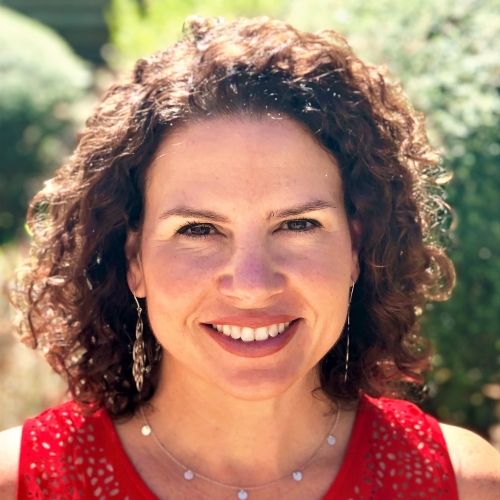
Dr. Joseph Davey is an infectious disease epidemiologist with over 20 years' experience leading research on HIV/STI services for women and children.
